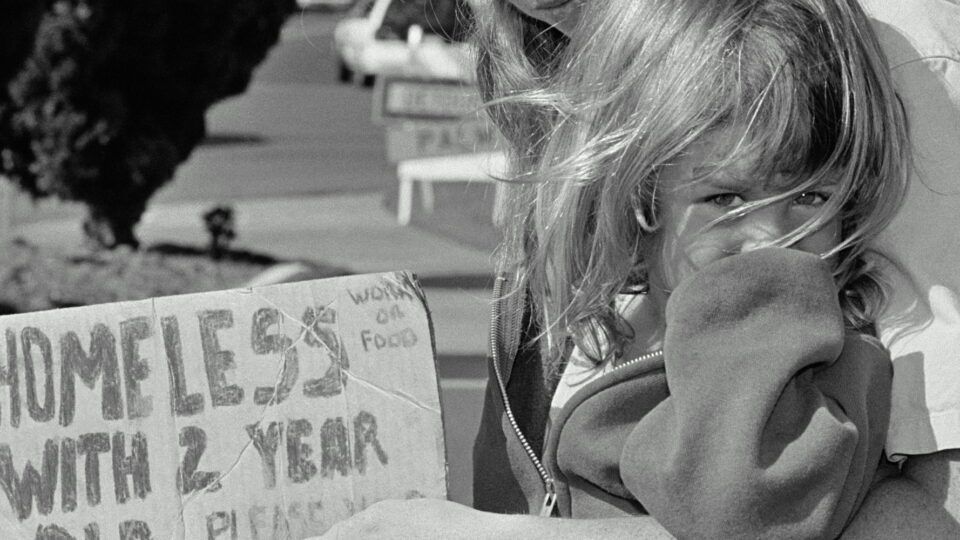
18 Mar2016

share



Who are the homeless?
Around 280,000 people from all walks of life became homeless last year, and experts say it’s a problem on the rise. Research by homelessness charity Crisis found a huge range of factors can cause people to become homeless, including family breakdown, leaving an institution, and mental health problems. For women, escaping a violent relationship often leads to homelessness.
Who should you tell?
If you see a rough sleeper in England, you can call Streetlink, which processes information about rough sleepers and refers them to suitable agencies. It’s linked with No Second Night Out, who say 60 per cent of rough sleepers are new to the streets and aim to make sure that anyone sleeping rough for the first time doesn’t have to do it again.
Street Impact, a longer term project, helps those with more complex needs who are struggling to find accomodation and stability.
Should you give money or food?
There’s no definitive right or wrong answer to this – basically, it’s up to you, and them. A spokesman for St Mungo’s says they respect people’s wishes to help when they see someone, by buying food, a cup of tea or giving them some cash – but it’s the long-term help that will really make a difference.
Centrepoint say the most immediately important thing if you see a young person sleeping rough is to get them out of that situation, because they are particularly vulnerable to sexual abuse, assault or mugging. Paul Noblet, director of public affairs at the charity, says: “Donating money or food is always a matter of personal choice, but the most important thing is that young people who are sleeping rough get the help they need as quickly as possible.” He recommends calling Streetlink, who can refer them on to the right place.
But charities do caution that for young people especially, money could enable street gangs to exploit them, making their situation even worse. Some young people are forced to beg in order to make money for organised crime groups.
What’s the best way to offer long-term support?
Ultimately, it’s long-term help that’s going to make a difference. If you can, donating to a charity to support their work is a good way to do something deeper to solve the problem. Whom you donate to depends on whose work you feel strongly about.
There are a wide range of homelessness charities, all of which help different groups of people. Centrepoint and DePaul UK work to help young people who end up homeless. Crisis helps single homeless people, while Shelter, the largest of the UK’s charities, gives practical advice via its phone line, campaigns for measures to alleviate the housing crisis and trains people who work in the housing sector.
Crisis says the law needs to change so single homeless people can access better help. Matt Downie, director of policy and external affairs, says helping individuals is a good thing to do but won’t resolve the issue as a whole. “It is extremely heartening to see how people are moved to help when they see someone who’s homeless, but acts of kindness alone won’t solve the problem,” he says. “We also need the government to review the help single homeless people in England get under the law so that no-one is forced to sleep rough.”
To see full article: click here